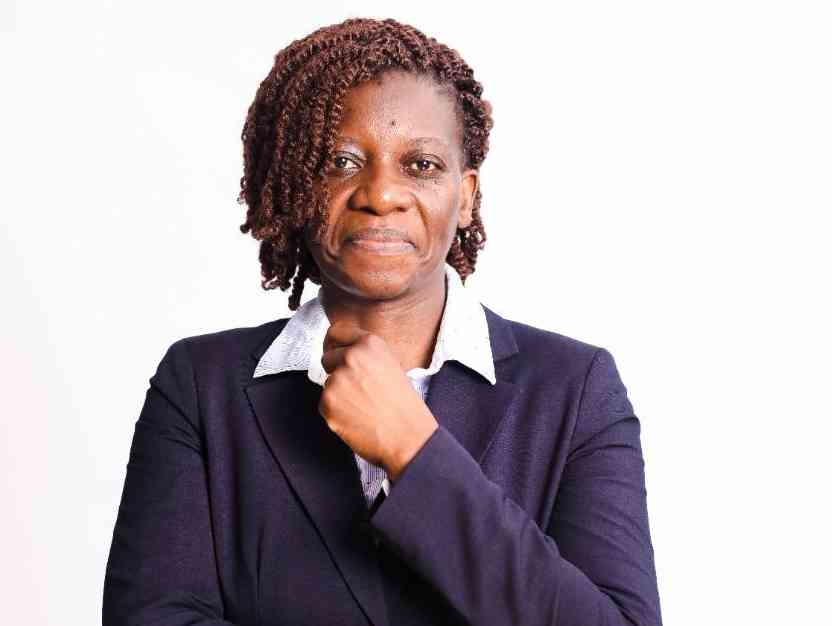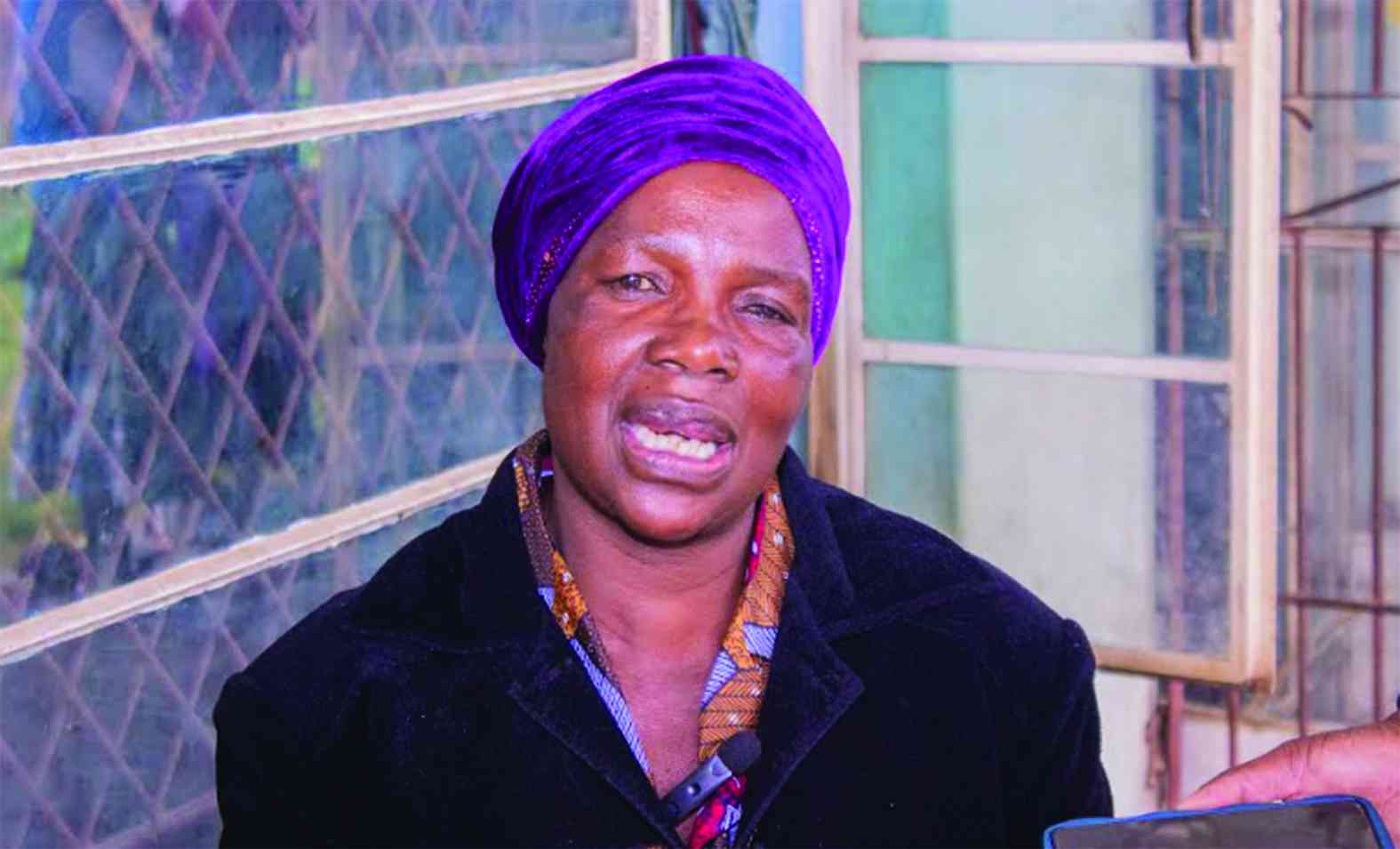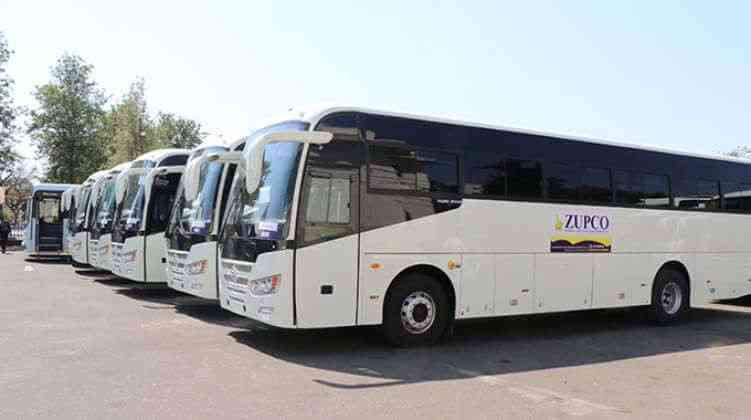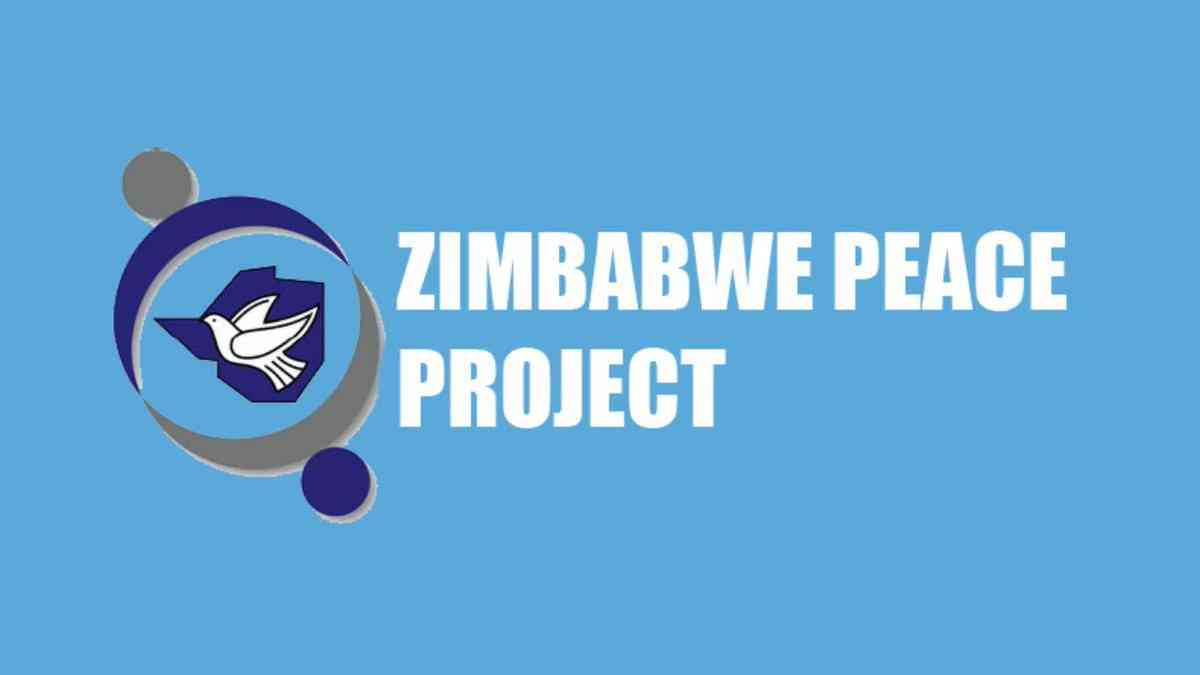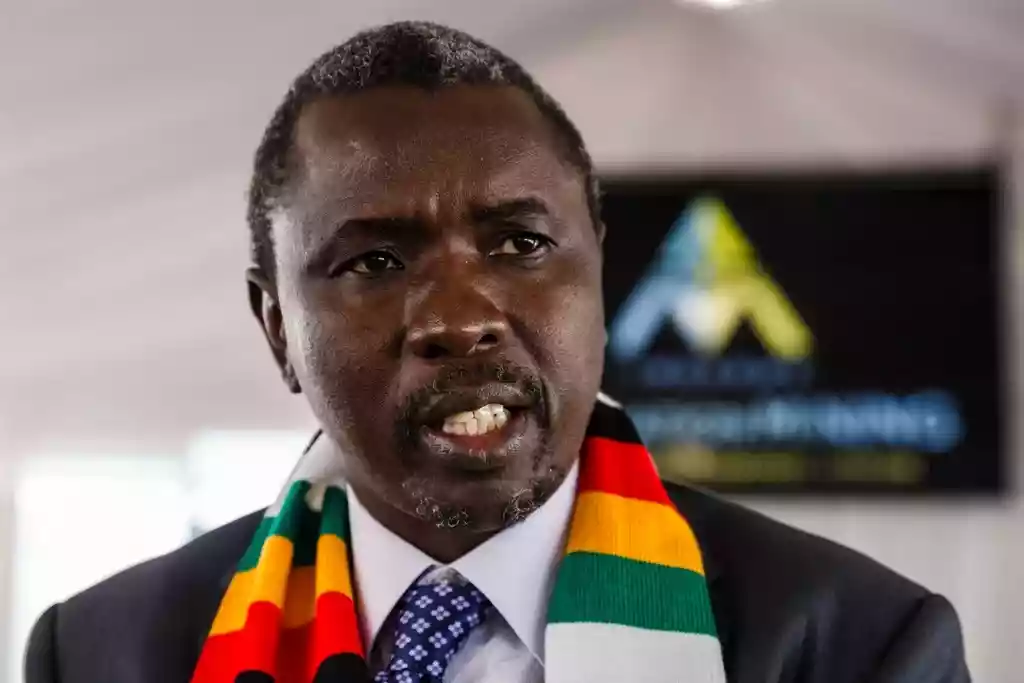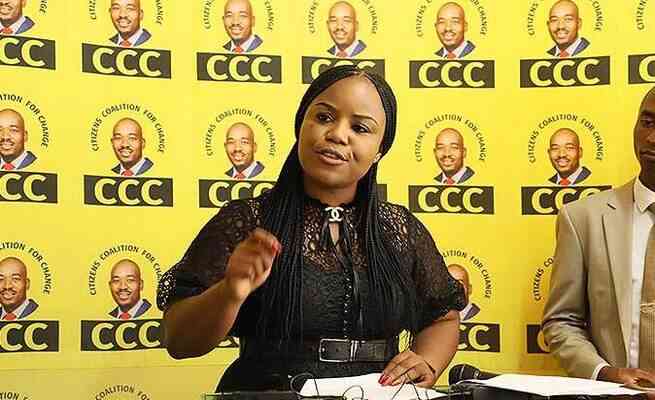
THE opposition Citizens Coalition for Change (CCC) has described the proposed amendments to the Electoral Amendment Bill as “retrogressive” and aimed at blocking as many opposition candidates as possible from contesting in the upcoming general elections.
The polls are expected to take place between July 30 and August 27.
Addressing journalists in Harare yesterday on the Electoral Amendment Bill currently before Parliament, CCC member of the electoral reform taskforce, Prince Dubeko Sibanda (Binga North legislator) said some proposed amendments to do with disqualification of convicted legislators or councillors from contesting were clearly targeted at the opposition.
“The Bill brings in a scenario whereby it says if you have been convicted in the previous 12 months for certain offences, you cannot qualify to stand as a Member of Parliament or councillor. We believe that this provision is not only retrogressive, but that it violates the Constitution of Zimbabwe.
“We believe that in terms of sections 125 and 378 of the Constitution, it sufficiently covers qualifications required for a person to be elected MP or councillor, and therefore to try and introduce another qualification — we feel is an attempt to curtail some members of the opposition from contesting for the positions, and therefore our suggestion is that the clause should fall away,” the Binga North legislator said.
The opposition party, led by
Nelson Chamisa, also wants the proposed amendments to cure issues pertaining to electoral disputes and processes.
“We noticed that the Electoral Amendment Bill (HB11, 2022) does not sufficiently capture the issues that need to be addressed. Contrary to what is in the public domain, there is nothing that has been taking place with regards to electoral reforms.”
- Chamisa party defiant after ban
- Village Rhapsody: How Zimbabwe can improve governance
- News in depth: Partisan police force persecutes opposition, shields Zanu PF rogue elements
- Chamisa chilling death threat bishop defiant
Keep Reading
Sibanda said the Political Leaders Dialogue and electoral watchdogs within civic society made suggestions for electoral reforms, which the CCC party would be happy to see included in the Bill.
“The Bill does not talk about disenfranchised citizens in terms of elections. We have a number of citizens in the diaspora who are disenfranchised. Statistics indicate four to seven million Zimbabweans are resident outside the country. They must be allowed to participate, at least in the presidential elections because the constituency of the presidential election is the entire country and so residence does not arise.”
The CCC wants the Zimbabwe Electoral Commission to undertake voter registration blitzes at least four months before a general election, and to allow prisoners to vote.
“We propose that this Bill should talk about accessibility of the voters roll in analysable formats. The best international practice is that before a general election, an audit of the voters roll is conducted by reputable audit firms, and that contestants should audit the voters roll before elections. We need a voters roll that is acceptable to everyone else.”
On announcement of results, Sibanda said currently the Bill ignores the fact that results are first announced by agents of participants in an election, and should validate them as being a correct collation of figures that would have come from polling stations.
“We believe that particular section should be amended,” he said.
On Monday, MDC leader Douglas Mwonzora said opposition parties should unite and push for electoral reforms. Mwonzora said signs of rigging of this year’s polls were already showing.
“The opposition must put aside their petty differences and speak with one voice when it comes to electoral reforms. These electoral reforms are imperative to the holding of a free and fair election. Already there are signs that the election is rigged. The delimitation report is a rigging mechanism,” he said.
Meanwhile, the ruling party Zanu PF, by virtue of numbers is having a field day in both the National Assembly and Senate where laws deemed to be in its favour are sailing through at breath-taking speed.
Last week, Zanu PF senators did not have trouble in ensuring that the Private Voluntary Organisations Amendment (PVOs) Bill sails through Senate. It only took four minutes to pass the controversial Bill deemed oppressive by critics. Fears are that the same might happen with the Electoral Amendment Bill.
Zanu PF has a two-thirds majority in the National Assembly with 145 seats out of 210. The remainder is shared by the opposition parties and one independent candidate.
CCC currently has 19 seats to its name after ditching the MDC Alliance name following squabbles with Mwonzora.
CCC party spokesperson Fadzai Mahere said this year’s polls were likely to be held without meaningful electoral reforms.
“Over the past few years, we have seen an alarming increase in repressive laws designed to curb citizens’ freedoms, shrink the democratic space and criminalise rights that are clearly provided for in our Constitution. Repressive laws like the PVO Amendment Bill, is an example and it was passed through the Senate,” Mahere lamented.
“The Electoral Amendment Bill was tabled before Parliament… as the CCC we continue to fight for reforms that are in line with the Constitution and adhere to regional and international guidelines and standards. The current Bill fails to advance changes that would create a truly free and fair environment for elections. Without a majority in Parliament, we won’t be able to reverse these damaging laws or to put forward our collective vision for a bright future,” she said.
The PVOs Amendment Bill has been criticised for its provisions that are likely to criminalise the work of civic society organisations in the countryby proposing harsh penalties, including jail time of up to one year for CSO registration framework-related offences.
It now awaits President Emmerson Mnangagwa’s signature to make it law.

